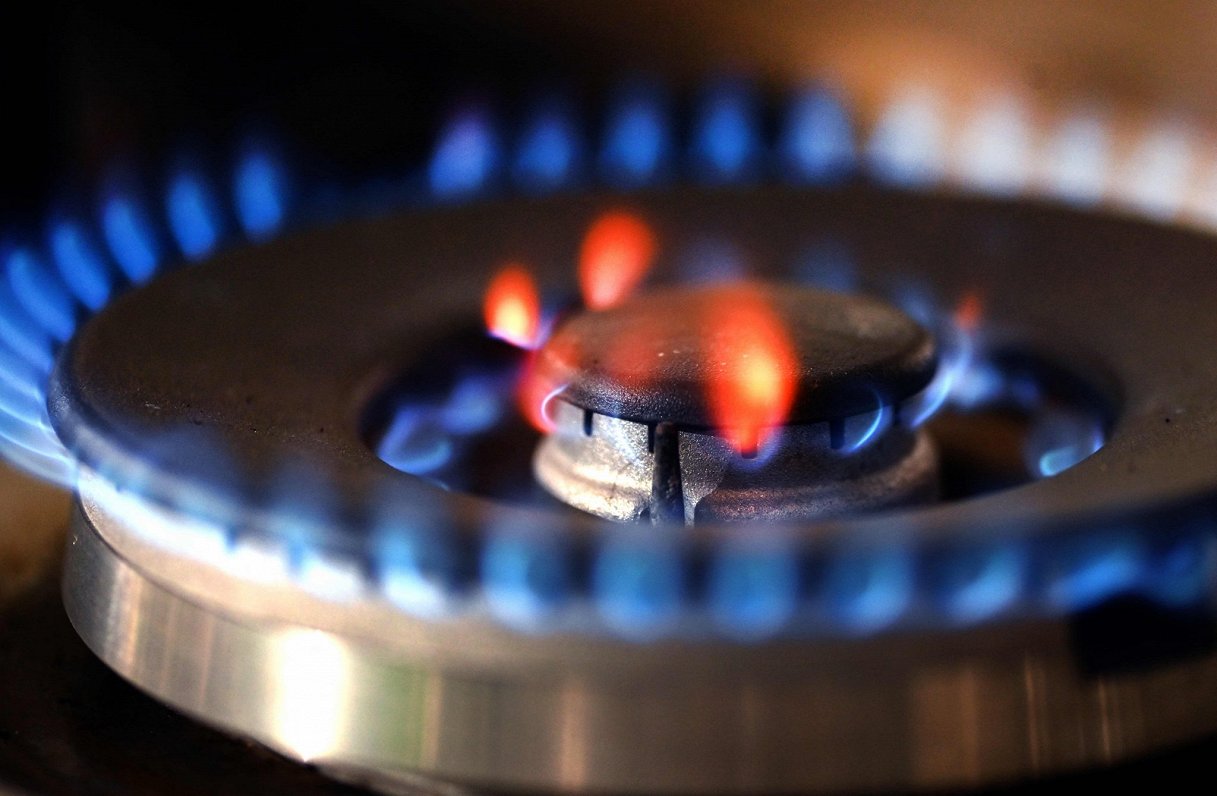Consumers have become more frugal, using more woodchips for heating instead.
Citadele Bank economist Mārtiņš Āboliņš estimated that the decline in gas consumption is good news for the Latvian economy, which means that Latvians have learned both to conserve and replace gas with other energy sources.
"If we look at how much gas we have in Inčukalns right now – more than half of the space; it's better than we expected. Concerns about energy scarcity have subsided significantly this winter. It is good news, and in some ways also a surprise, how quickly we can both reduce consumption and save and simply not use it. We see this with electricity consumption which is currently lower than in recent years, by around 10% in Latvia. While using other energy sources, mainly in the heating of chips, of course, solar and microgeneration have also been growing rapidly at this time. While those volumes in general remain small, they are very fast-growing, which together contribute to the reduction in gas consumption that we need to have enough energy this winter," the economist said.
Saving natural gas was also driven by high prices, which are very volatile. Jānis Miķelsons, Executive Director of the Public Utilities Commission (SPRK) explained that natural gas prices are also affected by contracts that can be concluded at a fixed or variable price.
"We saw in August that the average daily price was at times over €300 per MWh, then prices have stabilized around €130, €140, respectively, and consequently there are still contracts that existed at a time when prices on the stock exchange were just €200. The price is the most significant factor that will affect natural-gas consumption this year. The website of the transmission operator Conexus also shows data for the full 11 months, with a decrease of 36.1%. At prices like this, it can be seen that many users are considering abandoning gas and switching to other heat-generating modes.
"There was also available support from European funds in heating so that heating companies would switch to chips [..]. For big consumers, the situation will probably remain that they will have the opportunity to use a number of technologies. The choice at a given moment depends on the price of the moment in question. If the price of gas is lower at a later time, consumption is likely to be higher, but certainly not as high as it was in the past few years," said SPRK's Executive DIrector.
Citadele Bank economist Mārtiņš Āboliņš estimated that in the future, gas consumption in Latvia will decrease by about 20%.
"I think consumption will certainly be down by 20%, but it depends on the price of gas, which is very high at the moment and therefore motivates to use something else. [..] In the medium term, all the green climate objectives, the reduction in emissions that we have to achieve, will also lead to a further reduction in gas consumption," said Āboliņš.






























